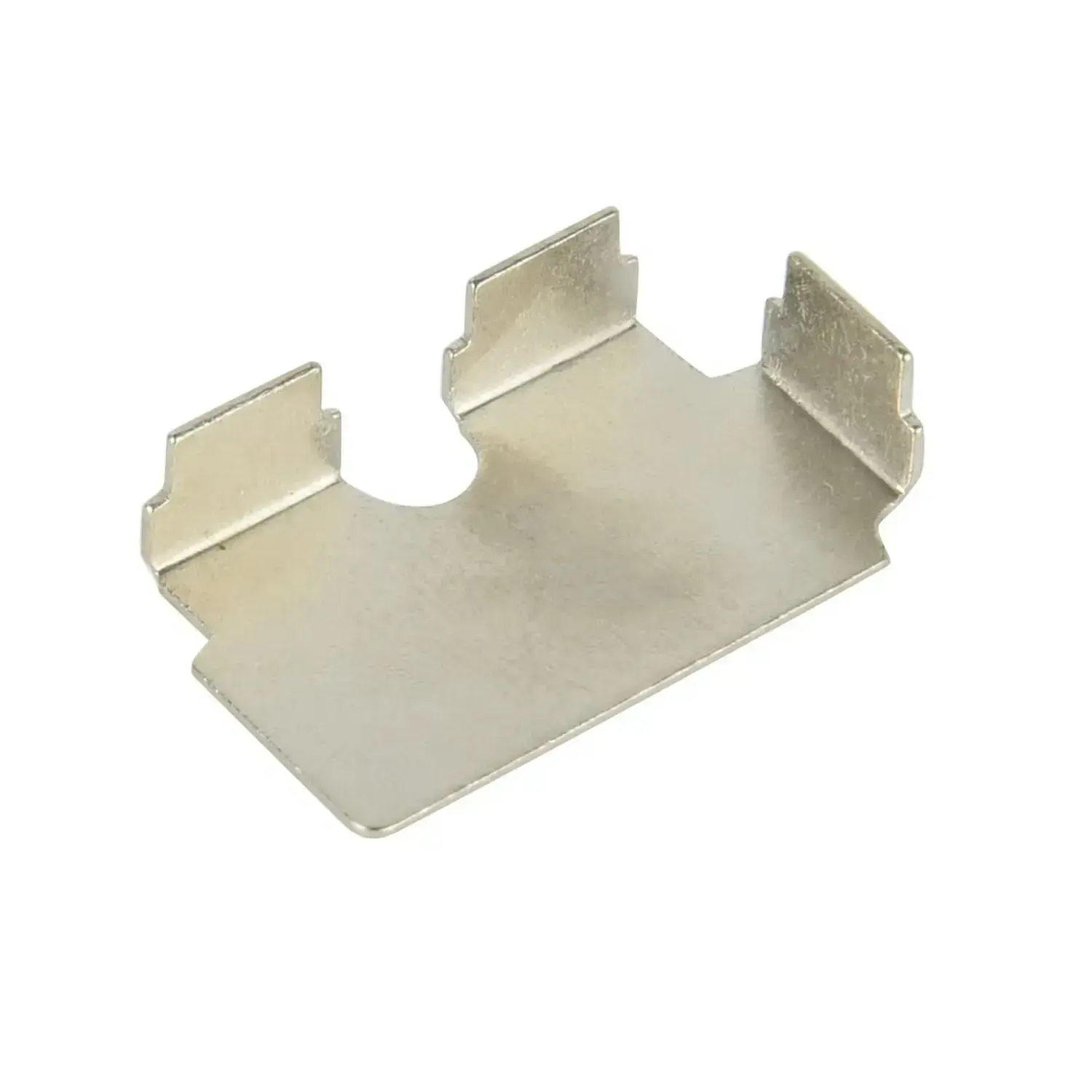The Impact of Sustainable Practices on Stamping Parts Supplier Excellence
Did you know that by adopting sustainable practices, a leading stamping parts supplier managed to reduce their carbon footprint by 30% while cutting operational costs by 20%? This case is not just a testament to the efficacy of sustainable practices but also a blueprint for future success.
Introduction
Sustainable practices in the stamping industry encompass a range of strategies aimed at minimizing environmental impact while maximizing efficiency. These practices include reducing material wastage, enhancing energy efficiency, and adopting eco-friendly production methods. By integrating sustainable practices, stamping parts suppliers can reduce their carbon footprint, improve resource utilization, and deliver higher-quality products to their customers.

Reducing Material Wastage in Stamping Parts Production
Material wastage is a significant issue in the stamping parts industry, leading to increased costs and environmental pollution. However, sustainable practices offer solutions to this problem. By optimizing designs, using precise cutting tools, and implementing lean manufacturing techniques, suppliers can significantly reduce material wastage. Advanced simulation software can help identify areas for improvement, ensuring that resources are used efficiently.
Energy Efficiency Strategies for Stamping Parts Suppliers
Energy efficiency is another critical area where sustainable practices play a vital role. Stamping parts suppliers can adopt renewable energy sources, such as solar panels, to reduce their energy consumption. Additionally, investing in energy-efficient machinery and smart lighting systems can further minimize energy waste. These strategies not only lower operational costs but also contribute to a reduction in greenhouse gas emissions, aligning with global sustainability goals.
Implementing Eco-Friendly Manufacturing Processes
To truly embrace sustainability, stamping parts suppliers must implement eco-friendly manufacturing processes. This includes transitioning to green chemistry, which minimizes the use of harmful chemicals. Biodegradable materials and closed-loop systems are also key components of sustainable manufacturing, ensuring that waste is recycled or broken down naturally. These practices not only enhance product quality but also improve the suppliers reputation for environmental responsibility.
Customer Demand and Market Trends
Rising customer demand for eco-friendly products is driving the adoption of sustainable practices across industries, including the stamping parts industry. Consumers are increasingly favoring products that align with their values, leading to a shift in market trends. Stamping parts suppliers are responding by tailoring their products to meet these demands, offering solutions that are both sustainable and meet consumer expectations. This shift is not only boosting demand but also creating new business opportunities for suppliers.
Regulatory Compliance and Industry Standards
Meeting regulatory standards, such as ISO 14001 and RoHS, is crucial for stamping parts suppliers to ensure compliance with environmental and safety regulations. Adhering to these standards not only avoids penalties but also enhances the suppliers reputation, making them more attractive to environmentally conscious clients. By integrating sustainable practices into their operations, suppliers can meet these standards while improving efficiency and reducing costs.
Case Study: A Stamping Parts Suppliers Journey to Sustainability
This case study highlights the transformation of a hypothetical stamping parts supplier. Initially focused on cost efficiency, the supplier faced challenges with material wastage and energy consumption. By adopting sustainable practices, including lean manufacturing, renewable energy, and eco-friendly materials, the supplier not only reduced costs but also improved product quality and gained a competitive edge. The case study underscores the tangible benefits of sustainability, serving as a practical guide for other suppliers.
Conclusion
The stamping parts industry is experiencing a paradigm shift driven by sustainable practices. From reducing material wastage to enhancing energy efficiency, suppliers are adopting innovative strategies that not only benefit the environment but also improve profitability. The case study of a suppliers successful transition demonstrates the tangible benefits of sustainability, while regulatory compliance and industry standards ensure that these practices are legally and ethically sound.
Take action today and join the journey towards sustainability. By embracing these practices, you can enhance your product quality, reduce costs, and meet the growing demand for eco-friendly solutions.
As the market continues to evolve, stamping parts suppliers play a pivotal role in shaping the future of manufacturing. By embracing sustainable practices, they can deliver higher-quality products, meet consumer expectations, and lead the industry towards a greener, more sustainable future. The journey to excellence through sustainability is not just a goal but a necessity for the stamping parts industry.
